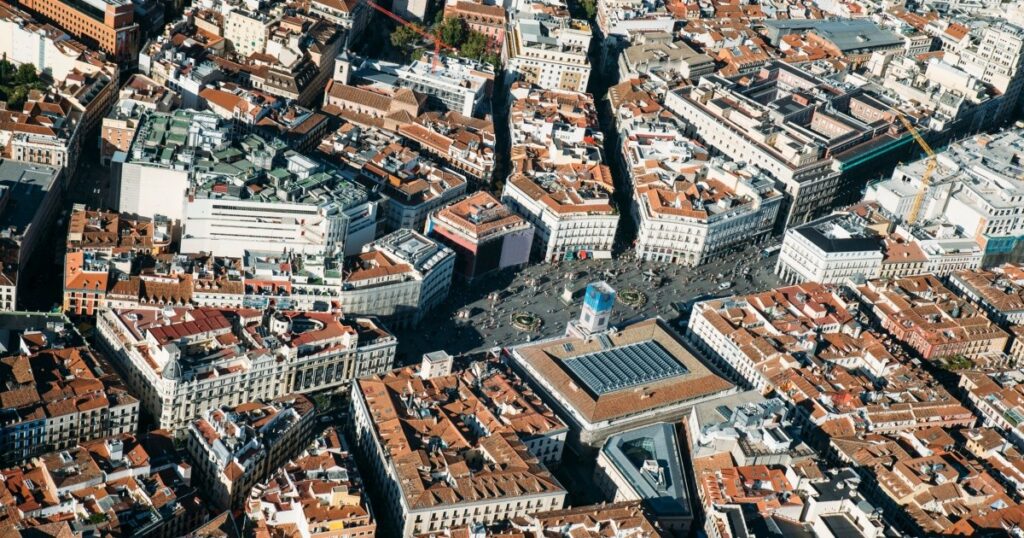The latest report released by the Inter-American Dialogue calls for a much more effective stance on the part of the countries of the international community to stop the political, social and humanitarian crisis in the country. And, at the same time, put pressure on the Nicaraguan government led by President Daniel Ortega and his wife, Vice President Rosario Murillo.
“The obsession with power of the government of (Daniel) Ortega and (Rosario) Murillo has gone to extremes and they have turned the country into a state that basically no longer respects order or international law,” explained Manuel Orozco, director of the Migration, Remittances and Development Program of that organization, during an intervention via Zoom to address the most important points of this investigation.
In this sense, he underlines that the Nicaraguan people have practically no margin of movement within the country, while those who publicly oppose the policies of the Managua government can face an arrest warrant.
In his opinion, “systematic disinformation” and “censorship” have also been other factors that have left a “devastating” panorama, according to Orozco. “Last year more than 200,000 Nicaraguans were registered leaving the country, this year the number goes more or less in the same direction,” he warned.
The effects of the political crisis in Nicaragua
It is estimated that so far this year, more than 70,000 Nicaraguans have been forced to leave the Central American nation in search of a better life. Of those, some 50,000 were destined for the United States. “It is not only a problem that there are political prisoners tried under false pretexts and political trials, but that the average population is demoralized, they do not know how to live in a country under a society of fear,” he added in this regard.
Given this scenario, Orozco believes that a “proportional response” should be given to what is happening in Nicaragua at the moment and that, over time, it has worsened. In his opinion, the policies that have been implemented so far -such as sanctions- are not enough and much stronger policies are required. “Stronger sanctions and pressure from the international community must be addressed in a country where the political opposition is basically fragmented and dismantled” he stated convinced that “the international community must make it clear that it is not prepared to tolerate extortion in exchange for recognition of the dictatorial regime”.
Message to the international community
On this, he stresses that there are “different tools of pressure” and that one of the biggest problems of the international community is “how to use soft power to pressure autocrats.”
“For the context of Nicaragua, the continuous condemnation and the request for the release of the prisoners, the international isolation or the suspension of Nicaragua” as a member of the Organization of American States (OAS) is not enough. “Member states can no longer remain silent and we cannot wait for another prisoner to die,” he declared, recalling that “other international agreements such as Canada’s or Canada’s trade association have been breached.”
In addition, the new regulations promulgated by Daniel Ortega have led to an uncertain and very worrying panorama, insofar as regulations such as the Regulation of Foreign Agents, the Special Cybercrime Law or the Electoral Law are “legal instruments that were created premeditated and approved to eliminate political participation, freedom of expression, movement and public awareness”.
According to him, the “flagrant contempt for the international community has also been a fundamental part of the government’s impunity.” “Nicaragua has ignored calls from the United Nations, the Organization of American States (OAS) and other members of the international community to abide by international agreements, to accept the entry of human rights monitoring, or to address the human rights conditions in the country”, he points out.
The position of Daniel Ortega before the movements abroad
That is why, in his opinion, the Administration led by Daniel Ortega “has decided to ignore its commitments, including the Democratic Charter” since it is assumed that there is a “very low possibility of true proportionality in the response of the members of the international community towards their impunity, so ignoring them is the best position”.
Cynthia J. Arson, one of the main researchers at the Woodrow Wilson Center, who also participated in the virtual presentation of the report, indicated that the consequences not only affect the United States, where a high number of Nicaraguan migrants are registering, but also for other countries in the region, such as Costa Rica.
Other determining factors
Along these lines, he maintains that the “increasingly deepening participation of Russia and Iran” represents a “challenge not only for the United States”, but also for the entire hemisphere as a whole.
On the other hand, Arson celebrated that “the renewed efforts through all the anti-corruption mechanisms available to the United States government to investigate the corruption and kleptocracy of the Ortega family, their children and members close to the regime” is also an issue important to put pressure on the ruling party.
Connect with the Voice of America! Subscribe to our channel Youtube and turn on notifications, or follow us on social media: Facebook, Twitter and Instagram.

















